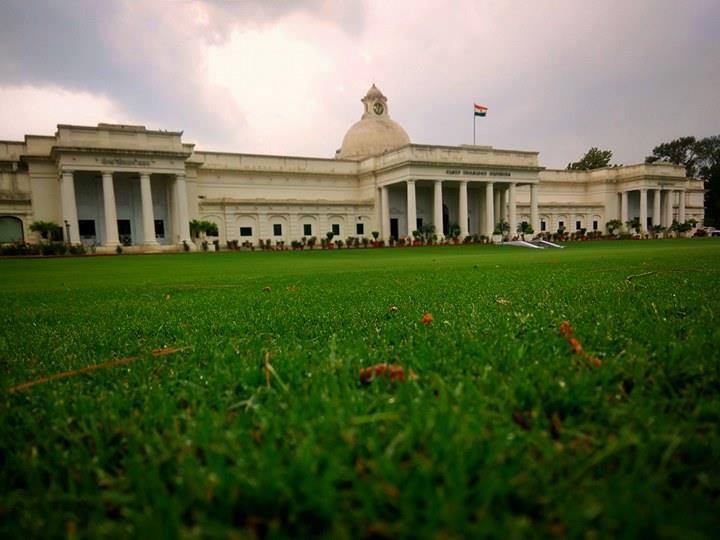IIT Roorkee Organizes International Conference on “Climate and Weather related Extremes”
Roorkee : A two days international conference on “Climate and weather-related extremes (ICCWE)” has been inaugurated by distinguished dignitaries at the Indian Institute of Technology Roorkee (IIT Roorkee). The conference has been organized by the Department of Water Resources Development and Management on the occasion of 175 years of glorious excellence of IIT Roorkee’s existence.
Pradeep Kumar Jena, IAS, Special Relief Commissioner cum Additional Chief Secretary, Govt of Odisha and Managing Director, Odisha State Disaster Management Authority elaborated that weather-related extremes have changed the way the world thinks. The intensity and frequency of extremes are becoming a larger problem for the general public and the scientific community as well as the government authorities. Disasters don’t have seasonality anymore. One of the major concerns for the decision makers is short-duration high-intensity floods. These floods are hard to predict and difficult to consider in bringing engineering solutions. There are attempts made in Odisha to predict these weather extremes. Students and professionals need to build better forecasts.
Prof. Ajit K. Chaturvedi, Director, IIT Roorkee said “Science and solutions should go hand in hand, and pragmatic solutions need to be worked out. The solutions should not be in scientific jargon but they should be expressed in a language which is not only comprehensible but also appealing to the persons who face the brunt of climate extremes.”
Dr. Durgesh Pant, Director, Uttarakhand Council of Science and Technology (UCOST) discussed how the human species have been developing on earth and exploiting all the available natural resources. He said we have no planet B, we need to relook at managing natural resources. There is a need to improve preparedness for disaster management. A mechanism should be created to save people from extremes. He emphasized that Ecology, economy, and technology need to go hand in hand. There is a tremendous need for developing Himalayan intelligence through the aforementioned. Ecological responsibilities are needed to be synced with extremes.
Dr. R. P. Singh, Director, Indian Institute of Remote Sensing (IIRS) Dehradun highlighted the importance of Radar Instruments for monitoring climate change. He emphasized Climate change saying that people were initially divided, but now it is scientifically observed and now we are observing the change in real life.
Prof. VP Singh, Distinguished Professor Texas A&M University, USA in his address said “The conference is timely and necessary. Climate extremes, tornados, heat waves, floods, and droughts are creating massive destruction across the globe. Climate extremes are becoming a global phenomenon. Identifying key learnings and problems in climate and weather-related extremes is the need of the hour to address the social problems. Climate and weather extreme issues are multifaceted. They comprise social, economic, cultural, and technological issues. The conference should conclude with some implementable solutions.”
At the outset, Prof. Ashish Pandey, Head, Department of Water Resources Development and Management, IIT Roorkee, and Chairman of the conference delivered the welcome address with a brief history of the Department and a description of the contributions of the Department of WRD&M in various national water resources projects. He said that the Department is hosting this conference to discuss causes and prospective solutions for the climate and weather-related hazards.
Prof. Mohit Prakash Mohanty, Organizing Secretary of the conference apprised about the motive and scope of the conference. He further enumerated the adverse impacts of climate and weather extremes posing significant risks to society and infrastructure.
The program was convened by Prof. Kritika Kothari, Assistant Professor, WRD&M Department, IIT Roorkee. The inaugural session was concluded with a formal vote of thanks by Prof. Mohit Mohanty.

